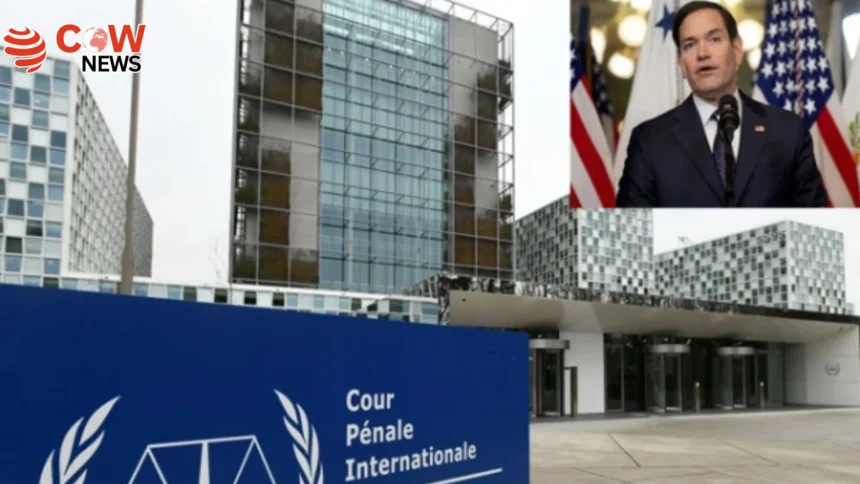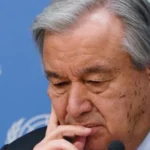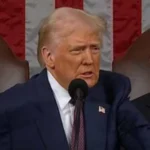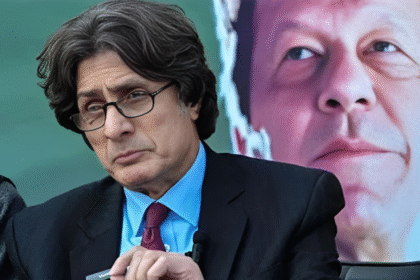The Trump administration has imposed sanctions on four judges from the International Criminal Court (ICC) who had issued arrest warrants for Israeli Prime Minister Benjamin Netanyahu. The move has escalated tensions between the United States and the ICC, with implications for the targeted judges’ access to the international financial system.
According to a statement released by US Secretary of State Marco Rubio, the sanctions target four ICC judges: Solomy Balungi Bossa (Uganda), Luz del Carmen Ibanez Carranza (Peru), Ren Adelaide Sophie Alapini Gansu (Benin), and Beti Hohler (Slovenia). These judges were accused by the US administration of playing an active role in illegal and baseless actions against the US and its close ally, Israel.
The United States’ decision comes in the wake of the ICC’s involvement in investigating alleged war crimes, including those committed by Israel. Last year, the ICC issued warrants for the arrest of Prime Minister Netanyahu and Israel’s Defense Minister, Yoav Gallant, over their roles in actions taken during the ongoing conflict in Gaza and the West Bank. These developments have sparked a fierce debate over the court’s jurisdiction and its influence on global political dynamics.
Secretary Rubio stated, “As ICC judges, these individuals have actively participated in efforts that target Israel and undermine our allies. Their actions are unjustifiable, and we are committed to holding them accountable.”
The sanctions are aimed at restricting the affected judges’ access to the international financial system, making it difficult for them to conduct any financial transactions, travel, or operate globally. This measure is part of the US administration’s broader strategy to assert its influence and protect its international allies from what it perceives as unlawful interference by international institutions.
In response, the ICC condemned the move, calling it an attempt to undermine the independence of the international judicial system. A spokesperson for the ICC stated, “This action seeks to weaken the very foundations of international law and justice, which have long been vital in providing a voice for the oppressed across the world.”
The ICC has been a central body in prosecuting war crimes and crimes against humanity, and this latest move highlights the ongoing tensions between the United States and the Court. The US has long been critical of the ICC, particularly in cases where the court seeks to investigate US military actions, such as those in Afghanistan, where the ICC authorized investigations into allegations of war crimes by US forces.
The four judges targeted by the US sanctions have been involved in controversial decisions. Bossa and Carranza have been part of the ICC since 2018, and they authorized investigations into US military actions in Afghanistan. Meanwhile, Alapini Gansu and Hohler were responsible for issuing the arrest warrants for Netanyahu and Gallant last year, sparking a major diplomatic rift between Israel and the international community.
The sanctions are likely to strain US-ICC relations even further, with some human rights advocates accusing the US of using its economic power to silence judicial bodies that challenge its actions or those of its allies. The ICC has maintained that its mission is to deliver impartial justice, regardless of political pressure from powerful nations.
The US move also serves as a stark reminder of the ongoing geopolitical influence battles between major powers, especially when international legal bodies like the ICC seek to hold individuals accountable for alleged crimes. With these sanctions, the US is signaling that it will continue to resist any international efforts it deems as politically motivated, especially if those efforts target its allies.
As the situation unfolds, the international community will closely monitor how these developments impact the legitimacy of the ICC and the broader dynamics of international law and diplomacy.







